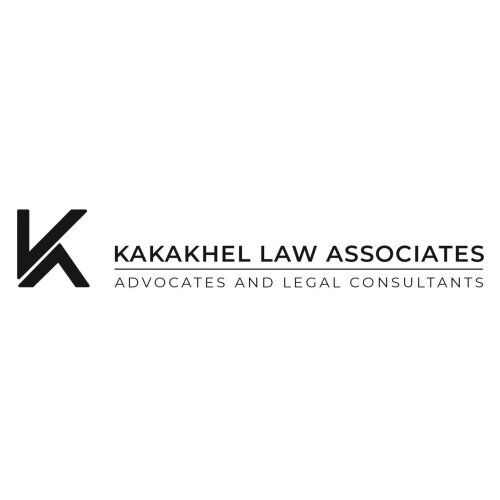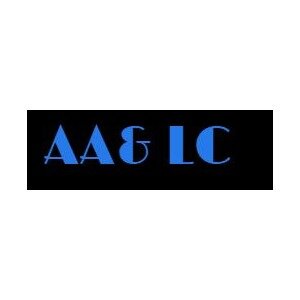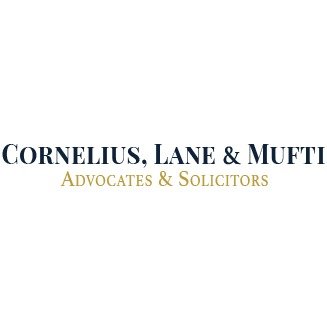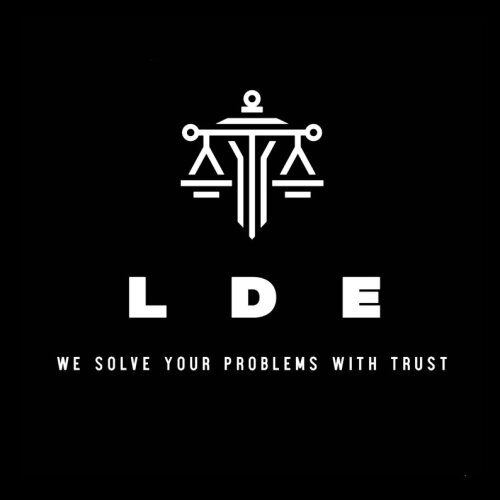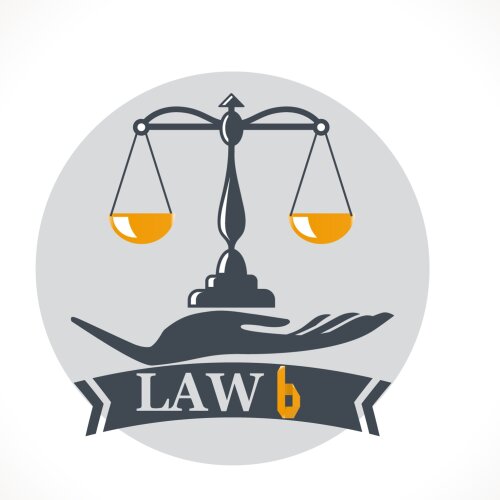Best Sanctions & Export Controls Lawyers in Islamabad
Share your needs with us, get contacted by law firms.
Free. Takes 2 min.
List of the best lawyers in Islamabad, Pakistan
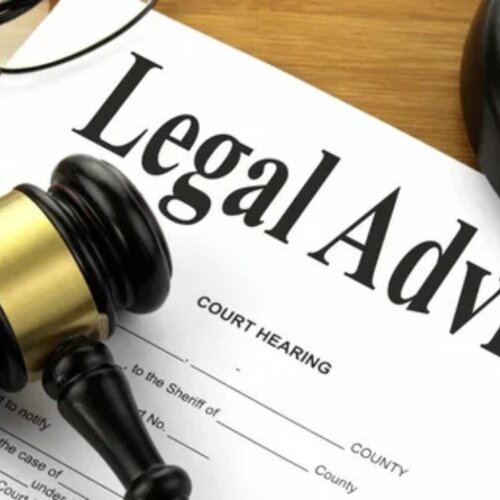
Asif & Co. Corporate/Constitution Lawyers in Islamabad and Rawalpindi
30 minutes Free ConsultationAbout Sanctions & Export Controls Law in Islamabad, Pakistan
Sanctions and export controls law in Islamabad, Pakistan, refers to the legal framework governing the regulation and restriction of trade, transactions, and transfer of goods, technology, and services across national borders. These laws manage the nation's compliance with international obligations such as United Nations sanctions and address the risk of proliferation of weapons, dual-use items, and sensitive technologies. The implementation of these regulations ensures Pakistan’s alignment with international standards while safeguarding national security and economic interests. In Islamabad, government ministries, regulatory authorities, and customs play vital roles in the enforcement of sanctions and export controls, making compliance essential for individuals and businesses involved in cross-border trade.
Why You May Need a Lawyer
Dealing with sanctions and export controls can be complex and challenging. A lawyer specializing in this field can help in several situations, including:
- Interpreting whether certain goods or technologies are subject to export controls
- Helping companies or individuals secure appropriate licenses and permits for exports or imports
- Advising on compliance with both Pakistani and international sanctions, such as those imposed by the United Nations
- Responding to inquiries or investigations from customs or regulatory authorities
- Handling cases involving possible violations, detentions of goods, or financial penalties
- Assisting in navigating the legal implications of doing business with sanctioned countries or entities
- Representing clients in administrative proceedings or court disputes related to export control violations
- Providing guidance for exporters of sensitive items, such as dual-use goods or military equipment
Engaging a qualified lawyer ensures that compliance risks are minimized and any disputes or regulatory challenges are addressed effectively.
Local Laws Overview
Pakistan has established several laws and regulations to manage sanctions and export controls. Some of the principal regulations include:
- Export Control on Goods, Technologies, Materials and Equipment Related to Nuclear and Biological Weapons and Their Delivery Systems Act, 2004 - This act controls the export, re-export, transit, and transshipment of sensitive goods and technologies.
- Government Orders Implementing United Nations Security Council Resolutions - Pakistan is bound to implement UN Security Council resolutions, which may involve sanctions against certain countries, organizations, or individuals.
- Customs Act, 1969 - This act covers import and export procedures, prohibitions, and restrictions, giving customs officials authority to implement controls at borders.
- Trade Policy Orders - Each year, the Ministry of Commerce issues trade policies that may introduce or change restrictions or licensing requirements.
- Financial Sanctions Regulations - The State Bank of Pakistan enforces financial sanctions and directs financial institutions to block transactions involving designated persons or entities.
In Islamabad, these laws are administered by various bodies, including the Ministry of Commerce, the Strategic Export Control Division, Pakistan Customs, and the State Bank of Pakistan. Understanding their requirements is critical for lawful business operations.
Frequently Asked Questions
What are export controls?
Export controls are government regulations that restrict the export of specific goods, technologies, or services for reasons tied to national security, foreign policy, or compliance with international standards.
Who needs to comply with sanctions and export controls in Islamabad?
Any individual, company, or entity involved in the export, import, or transfer of goods, technology, or financial transactions across borders must comply with these laws.
Are all exports subject to licensing in Pakistan?
Not all exports require a license. However, controlled or sensitive items, including dual-use goods or items related to national security, often require an export license from the relevant authorities.
What are the penalties for violating export control laws?
Penalties can include fines, imprisonment, revocation of trade licenses, suspension of business activities, and confiscation of goods, depending on the severity of the violation.
What is a dual-use item?
A dual-use item is a product, software, or technology that can be used for both civilian and military applications, making it subject to stricter export controls.
How can a business know if it is dealing with a sanctioned entity or country?
Businesses should consult the lists of sanctioned countries and entities published by the United Nations, Pakistan’s government, and the State Bank of Pakistan to ensure compliance.
Are there exceptions or permits for humanitarian goods?
Certain humanitarian goods or transactions may be exempt from specific sanctions or may qualify for special permits, depending on the applicable regulations and international commitments.
What should I do if my goods are detained by customs?
If your goods are detained, you should seek immediate legal advice, cooperate with customs authorities, and provide all required documentation to resolve the issue promptly.
Can financial transactions be affected by sanctions?
Yes, financial transactions linked to sanctioned countries, individuals, or entities are restricted and often blocked by financial institutions under State Bank of Pakistan directives.
What resources are available for learning more or seeking guidance?
There are several official resources, including the Ministry of Commerce, Strategic Export Control Division, and State Bank of Pakistan. Legal professionals specializing in this area can also provide valuable guidance.
Additional Resources
When seeking information or assistance with sanctions and export controls in Islamabad, the following organizations and resources are useful:
- Ministry of Commerce, Government of Pakistan - Responsible for trade policies, export licensing, and controls
- Strategic Export Control Division (SECDIV) - Implements export control laws for sensitive goods and dual-use items
- Pakistan Customs - Enforces import and export regulations at borders
- State Bank of Pakistan - Oversees financial sanctions and compliance by banks and financial institutions
- Legal Bar Associations in Islamabad - Can provide referrals to qualified legal experts in sanctions and export controls law
- Pakistan Business Council and Chamber of Commerce - Offer guidance and resources for businesses involved in international trade
Next Steps
If you require legal assistance in sanctions and export controls matters in Islamabad, consider the following steps:
- Identify the specific nature of your issue, such as licensing, compliance, or facing allegations of violations
- Gather all relevant documentation, such as contracts, shipping records, or communication with authorities
- Contact a lawyer with experience in sanctions and export controls law
- Consult with local bar associations or business chambers for recommendations on reputable legal professionals
- Schedule an initial consultation to discuss your situation and explore your options
- Stay updated on changes in local and international regulations that may affect your business or personal transactions
Seeking timely legal advice can prevent costly errors, protect your interests, and ensure you remain compliant with all applicable laws in Islamabad, Pakistan.
Lawzana helps you find the best lawyers and law firms in Islamabad through a curated and pre-screened list of qualified legal professionals. Our platform offers rankings and detailed profiles of attorneys and law firms, allowing you to compare based on practice areas, including Sanctions & Export Controls, experience, and client feedback.
Each profile includes a description of the firm's areas of practice, client reviews, team members and partners, year of establishment, spoken languages, office locations, contact information, social media presence, and any published articles or resources. Most firms on our platform speak English and are experienced in both local and international legal matters.
Get a quote from top-rated law firms in Islamabad, Pakistan — quickly, securely, and without unnecessary hassle.
Disclaimer:
The information provided on this page is for general informational purposes only and does not constitute legal advice. While we strive to ensure the accuracy and relevance of the content, legal information may change over time, and interpretations of the law can vary. You should always consult with a qualified legal professional for advice specific to your situation.
We disclaim all liability for actions taken or not taken based on the content of this page. If you believe any information is incorrect or outdated, please contact us, and we will review and update it where appropriate.




